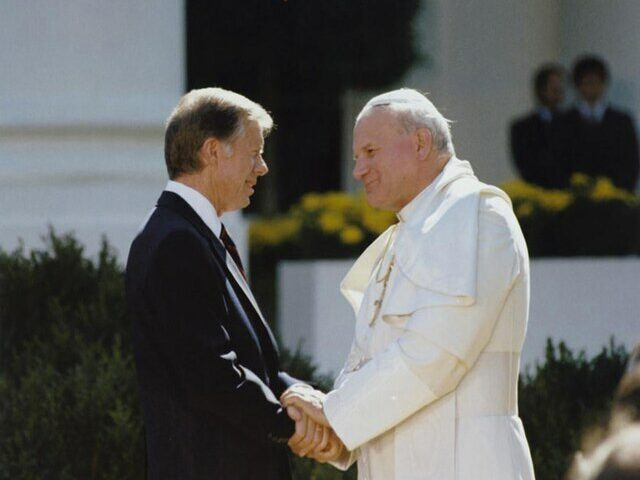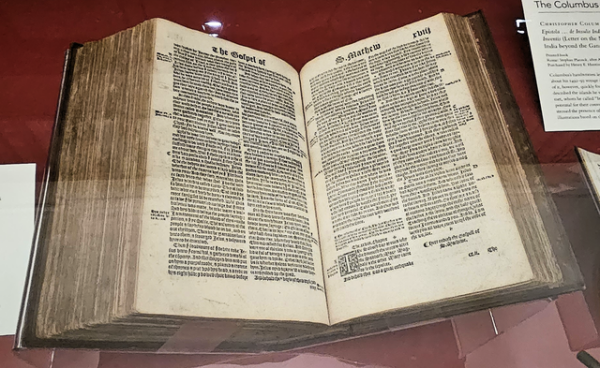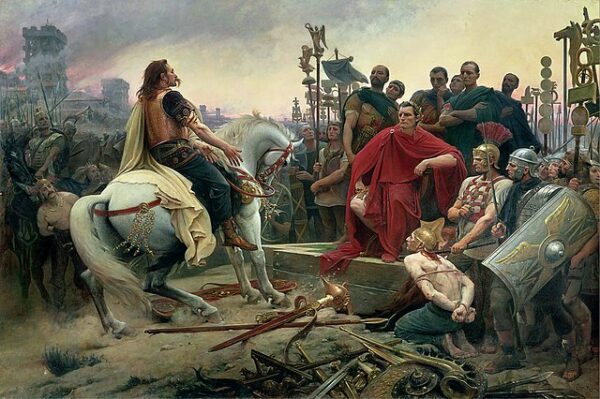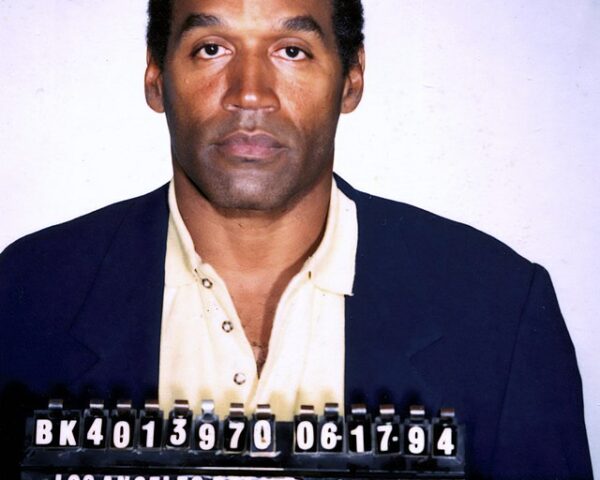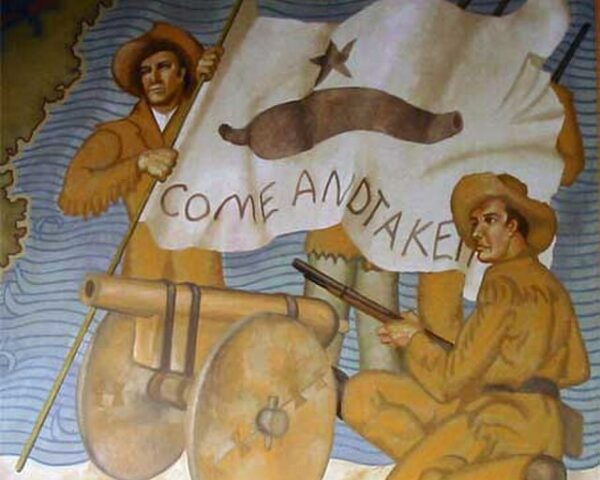On October 6, 1979, Pope John Paul II made history by becoming the first Roman Catholic pontiff to visit the White House. This groundbreaking event was part of his first official visit to the United States since becoming pope in 1978. The visit marked…
Read MoreOn October 5, 1962, the world’s favorite spy hit the silver screen when James Bond appeared in the film Dr. No with Sean Connery playing the suave, tuxedo-clad 007. The history of James Bond in film is a remarkable and enduring cinematic journey. Connery’s…
Read MoreOn October 5, 1947, President Harry S. Truman made history by delivering the first televised address from the Oval Office, marking a significant moment in both political communication and media history. This event occurred during the early days of television, when only a small…
Read MoreOn October 4, 1535, a landmark in the history of faith, politics, and language took place: the first complete Bible printed in English, known ever after as the Coverdale Bible. Though it bore the name of Myles Coverdale, an Augustinian friar turned reformer, the…
Read MoreOn October 4, 1883, the most legendary train line in history made its first run. The name Orient Express conjures up images of luxury travel, exotic destinations, and intrigue. The idea for the Orient Express was conceived by Georges Nagelmackers, a Belgian entrepreneur who…
Read MoreOn October 3, South Korea marks one of its most venerable observances—Gaecheonjeol (개천절), the “Day the Heavens Opened.” According to tradition, the origins of the Korean nation trace back not merely to migrations or dynastic shifts, but to the descent of a celestial being.…
Read MoreOn October 3, 52 BC, the Gallic Wars reached a decisive turning point when Vercingetorix, the charismatic leader of the Gauls, surrendered to Julius Caesar, marking the end of the Siege of Alesia. This surrender signaled not only the defeat of the Gallic rebellion…
Read MoreOn October 3, 1995, the media spectacle of the century ended with a verdict of innocence. The O.J. Simpson trial, one of the most high-profile criminal cases in American history, unfolded in the mid-1990s and captivated the nation. The trial centered around former NFL…
Read MoreIn the predawn hours of October 2, 1835, a column of Mexican dragoons rode toward the small frontier settlement of Gonzales. Their mission, routine in the eyes of Mexican authorities, would prove incendiary: they had come to reclaim a small cannon loaned to the…
Read MoreThe Beltway sniper attacks, a terrifying and highly publicized crime spree, began on October 2, 2002, in the Washington, D.C., metropolitan area. Over the course of three weeks, the sniper duo of John Allen Muhammad and his teenage accomplice, Lee Boyd Malvo, conducted a…
Read More

